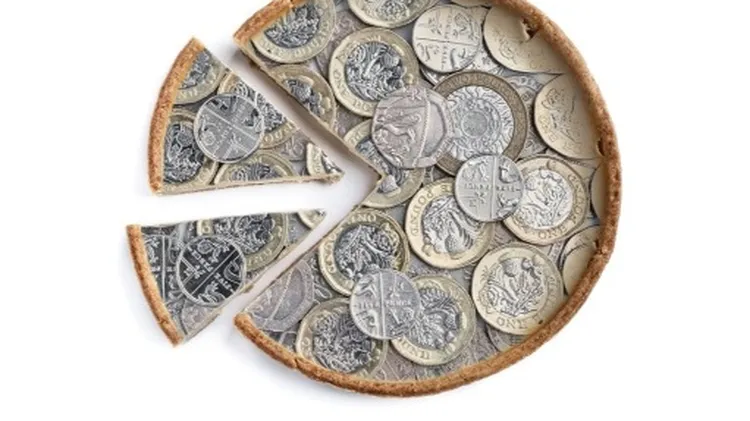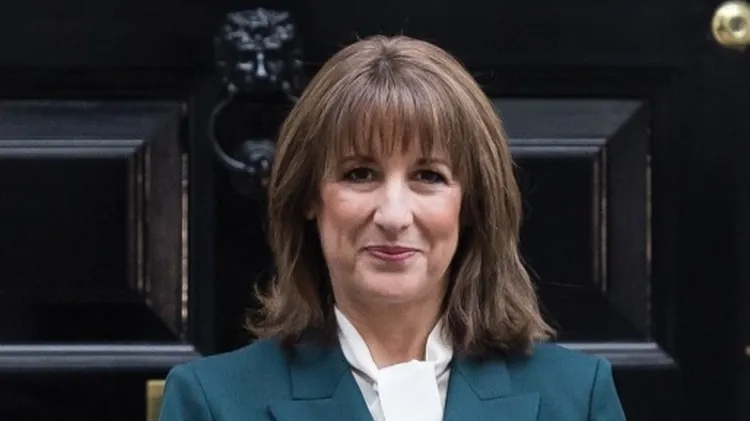Many small companies are about to go to the wall. Blame the governm
The year of the bankruptcy
2 min read
This article is from...
Read this article and 8000+ more magazines and newspapers on Readly






